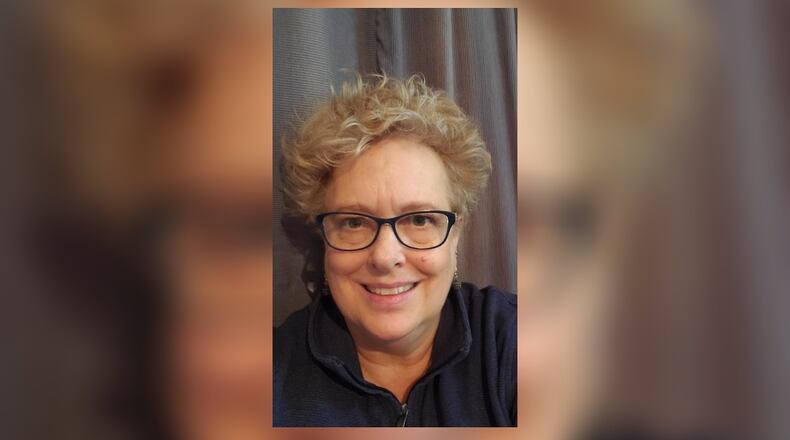For people with disabilities, or the elderly, the burden of acquiring a state ID can include all the above with the added challenge of gathering the documents and showing up in person at the local BMV. While a handful of states like Illinois do help provide identity cards to homebound individuals, most states do not. Without the ability to vote in person, many of these voters chose to vote absentee. Yet even that choice is fraught with legal hurdles. In Ohio, for example, the absentee voter has a very limited group of people who can legally return the ballot for them, and licensed caregivers are not among that list. In other states like Nebraska, to vote absentee, voters must provide their Nebraska driver’s license or state ID number or a photocopy of their qualifying ID with the returned ballot. For some voters, this photocopy requirement alone is a barrier even if they do have an ID as they might not have easy access to a printer or copier.
Many transgender citizens face challenges or intimidation at the polls if their ID doesn’t match their gender identity or presentation even though denying these voters the right to vote is against the law. While most states have implemented policies for changing the gender marker on a driver’s license or state ID, eight states, including Kentucky and Texas, require proof of surgery, court order, or an amended birth certificate to process the gender marker change. And these laws are increasingly being tightened. For example, Florida announced recently that gender markers could no longer be changed.
In a country so rich in diversity in so many ways, these increasingly restrictive rules for acquiring a state ID threaten to disenfranchise a substantial number of citizens who want to vote. Thankfully, there are organizations like VoteRiders (www.VoteRiders.org) with a clear and nonpartisan focus on helping people obtain the necessary identification. In one state VoteRiders volunteers may only need to help a voter get transport to the BMV to receive their ID, while in another, they may need to spend months working with a voter slowly but surely marshaling all the essential documents to apply for an ID. No matter how we get to the final point of securing an ID, the voters VoterRiders supporters are inspired to cast their ballot and let their voices be heard.
Ultimately, we, as a country, are much more family-friendly when we seek to be inclusive and empowering and reach out to support our fellow citizens in our shared commitment to democracy.
Shelly Jarrett Bromberg is a retired educator who is now a full-time VIDA volunteer for VoteRiders.
About the Author
